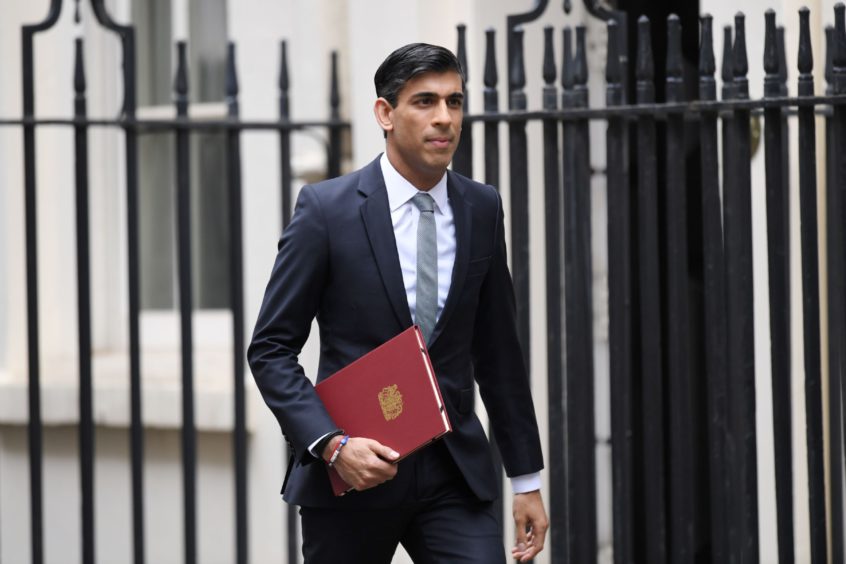Tourism and hospitality businesses will have their VAT bill slashed and people given vouchers to go out and eat as part of the UK Government’s efforts to mitigate the economic damage caused by coronavirus.
Chancellor Rishi Sunak has unveiled his self-styled “creative” stimulus plans to “level-up” the country in the wake of the pandemic-induced shut down.
Eat out for half the price
During August people will be given vouchers covering as much as 50% of their food bills.
As many as 130,000 eateries, bars that sell food and sit-down restaurants will be eligible to sign up for the scheme, which will cover up to £10 per head for people dining out on Mondays, Tuesdays or Wednesdays.
More than 1.4 million workers in the hospitality sector have been furloughed since March and the government hopes its Eat Out To Help Out scheme will help get customers out of their homes and into the country’s restaurants.
VAT slashed
The Chancellor acknowledged the tourism and hospitality sectors had been hammered hardest by the shut down.
As a result, he has decided VAT will be temporarily cut from 20% to 5% for hotels, take-aways, restaurants and zoos, from Wednesday of next week.
Mr Sunak claims this will be a “£4 billion catalyst” for the sector, which employs more than 2.4 million people — around 8% of the country’s entire workforce.
Job retention
The furlough scheme will be brought to an end in October, with Mr Sunak saying it could not last forever.
Employers will be encouraged to retain all of their employees who have been furloughed through a new funding programme.
Mr Sunak said every employer bringing someone back to work until at least January will get a £1,000 bonus per employee.
The worker has to be paid £520 a month on average, from November to January.
The Chancellor pointed out if every furloughed employee is brought back to work, this will cost the government £9 billion.
Young people into work
A new “kickstart” programme to subsidise “hundreds of thousands” of jobs for young people was also unveiled, to the tune of £2 billion.
Those aged 16 to 24 who receive Universal Credit and are at risk of long-term unemployment will be eligible.
The government said funding available for each six-month job placement will cover 100% of the National Minimum Wage for 25 hours a week – and employers will be able to top this wage up.
Companies will also be given up to £2,000 for every new apprentice they employ under the age of 25, on top of the current £1,000 payment currently provided for businesses with apprentices aged 16 to 18.
Other programmes
Homeowners and landlords in England will be able to apply for vouchers from a £2 billion Green Homes Grant scheme this year to pay for green improvements such as loft, wall and floor insulation.

A £1 billion construction programme for public buildings has also been announced, including court houses and council buildings, but this has been allocated for English properties only.
Mr Sunak said: “Throughout this crisis I have never been the prisoner of ideology. For me, this has never just been a question of economics, but of values.
“We believe in the nobility of work. We believe in the inspiring power of opportunity. We believe in the British people’s fortitude and endurance.
“Our plan has a clear goal — to protect, support and create jobs. It will give businesses the confidence to retain and hire. To create jobs in every part of our country. To give young people a better start. To give people everywhere the opportunity of a fresh start.”






